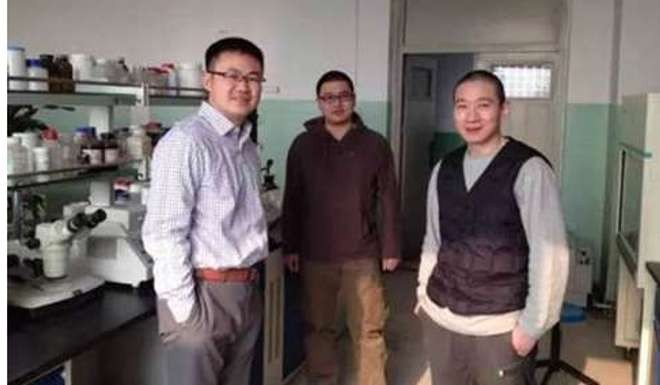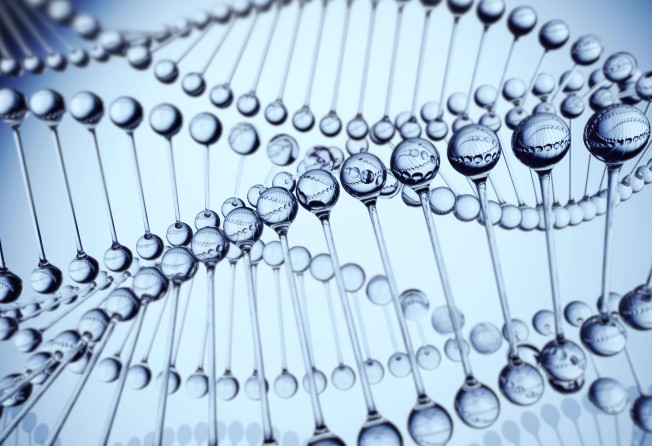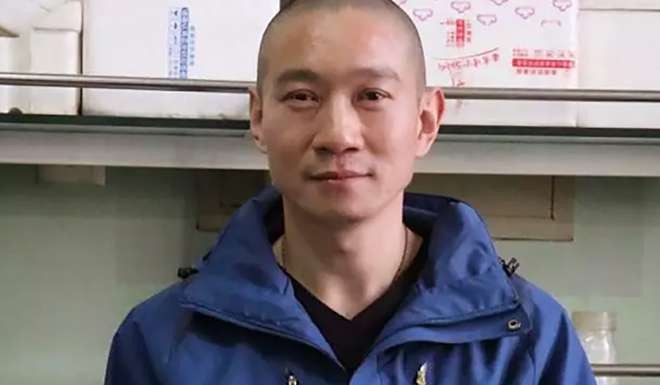
Top Chinese research labs demand independent inquiry into scientist’s controversial DNA claims

About a dozen top lab researchers on the Chinese mainland said they could not replicate a local scientist’s experiment hailed as a breakthrough in engineering human and animal genes.
The concerns have led to a call for a thorough independent investigation into claims made in May of a breakthrough involving NgAgo – a new tool for editing genes – by a poorly funded team led by Dr Han Chunyu of Hebei University of Science and Technology.

Some scientists who reported initial success in replicating Han’s experiment later withdrew their conclusions and joined other scientists in questioning the findings, with some suggesting it might not work at all.
Late on Monday, the senior biologists at China’s most prominent research institutes issued a statement calling for a “thorough investigation by an independent third party” into Han’s research, China Youth Daily reported on Tuesday. Han told the paper that he would respond to the statement within one or two weeks.
I felt proud and excited, as a Chinese, when I read Han’s paper
The South China Morning Post was unable to reach Han. He said on Monday in an interview with the Science and Technology Daily – a newspaper run by the Ministry of Science and Technology – that he had submitted a list of five laboratories that had repeated his experiment to Nature, an international weekly science journal.
He also said he would reveal the laboratories’ names if mainland critics went public with their accusations.
Before he shot to global prominence, Han was a little known researcher heading a team with meagre funding at a small Hebei university in Shijiazhuang.
The NgAgo technology uses an ancient bacteria to manipulate the genes of living species, including humans. The approach was believed by some researchers to be the ultimate solution to tackling many fundamental challenges in life sciences, such as cancer, ageing and the creation of new life forms.
Previous attempts to use the ancient bacteria to edit genes had failed.
It survives only in an extreme environment where temperatures are much higher than what human cells can tolerate. But Han’s team claimed they had made the technology work at room temperature and with a level of efficiency to challenge the CRISPR-Cas9, the most popular genome-editing tool in use today.

Dr Li Jingsong, a Shanghai-based researcher at the Chinese Academy of Sciences who signed the joint statement, said he and many Chinese scientists initially felt proud and excited after reading Han’s paper. He said some laboratories started as early as the day after the release of Han’s paper to repeat the experiment, but in the end had no success.
It is a very simple experiment ... the chance of so many scientists ... making a mistake is extremely low
“All results are negative,” Li said. Yet Li stressed they were not alleging a fraud. He said there was a chance an important step had not been revealed in the paper.
However, Huang Zhiwei, a life scientist at the Harbin Institute of Technology, who also lent his name to the newspaper statement, said he was inclined to believe the NgAgo method did not work at all.
“It is a very simple experiment: almost every life science laboratory can repeat it,” he said. “The chance of so many scientists, so many laboratories making a mistake is extremely low.
“China’s scientific community have the responsibility to deal with this issue by ourselves, rather than leaving it in the hands of foreign investigators,” Huang added. If there is any academic fraud involved, we should catch it and clean up the mess.”